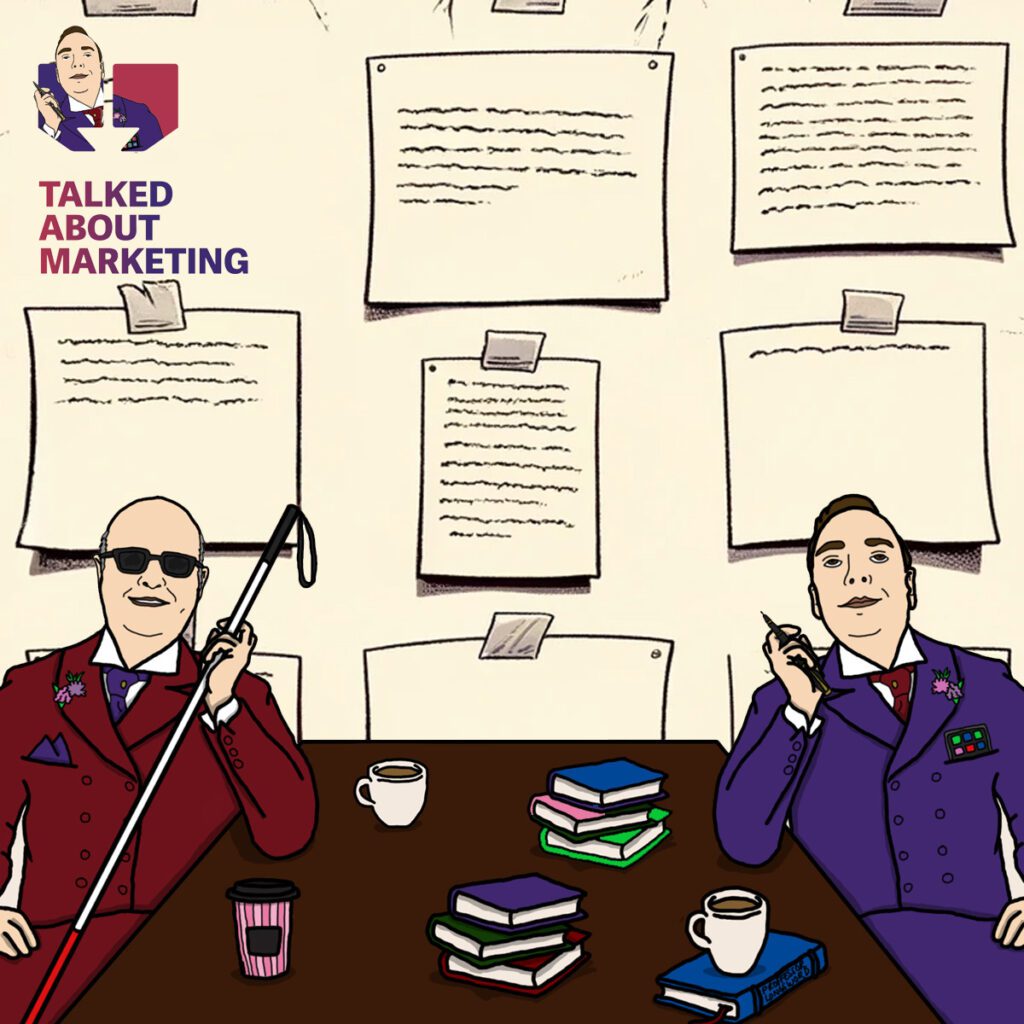Strategic Planning Day
Every Business Faces Puzzles, Problems, And Messes. Our Strategic Process Helps You Tackle Them All With Clarity
Are you tired of consultants who shower you with post-it notes, promise silver-bullet solutions, then leave you with a glossy report that gathers dust? You know your business better than anyone. You’ve built it from the ground up. But sometimes being too close to something makes it harder to see the path forward clearly.
That’s where our Strategic Planning Day makes the difference.
We don’t arrive with pre-packaged answers or claim to know your business better than you do. Instead, we bring something more valuable: the expertise to help you unlock the answers that already exist within your organisation—all in one focused, productive day.
Flexible Format, Focused Results
Whether you prefer an intensive full-day session, focused half-day workshops, or a series of structured planning sessions, we adapt our approach to suit your team’s needs and schedule. What remains constant is our commitment to drawing out your organisation’s expertise and transforming it into actionable strategies.
Why A Strategic Planning Day Matters
Every day, you juggle urgent tasks while tomorrow’s opportunities slip through your fingers. It’s not about working harder—it’s about making space to work smarter. The most successful enterprises aren’t just busy; they’re intentional. They make time to plan.
But here’s what others won’t tell you: strategic planning itself is a discipline. Just as you wouldn’t expect a master chef to automatically be a brilliant accountant, being an industry expert doesn’t automatically make someone a planning expert.
Our Approach To Your Planning Day
Working with Talked About Marketing means:
- You remain the expert of your business—we’re experts at drawing out and structuring that knowledge.
- We guide you through carefully chosen exercises that transform your team’s insights into actionable strategies.
- By the end of your Strategic Planning Day, you’ll have clear milestones and the confidence to explain your path forward to stakeholders.
"Thank you Steve and David for a lovely day with lots of reflective information. We have received overwhelmingly positive feedback and even my restless husband says he picked up a new thing or two."
MS, Planning Meeting Organiser, NFP

Enquire About A Planning Meeting
Enquire today about booking a planning meeting, day, or series of session with David Olney and Steve Davis from Talked About Marketing.
The Power of Classification: Ackoff's Framework
Russell Ackoff, a pioneer in systems thinking, provided us with a valuable framework for understanding different types of challenges: Puzzles, Problems, and Messes. This classification helps organisations better understand the nature of their challenges and approach them with appropriate strategies.
Puzzles: When All Pieces Are Present
Puzzles represent the most straightforward category of challenges. They have specific parameters, contain all necessary information, and lead to a single, verifiable solution. Like a mathematical equation or a well-structured business case, puzzles can be methodically solved once you understand their components.
Definition: A puzzle is a structured challenge with a single, definitive solution, where all necessary information is present and the outcome is certain once solved.
Problems: When Creativity Meets Complexity
Problems present a more nuanced challenge. While solutions exist, they’re not immediately apparent and often require creative thinking to uncover. Unlike puzzles, problems may have multiple valid solutions, each with its own trade-offs. They demand analysis, insight, and often require us to look beyond conventional approaches.
Definition: A problem is a challenging situation with possible solutions, though finding the optimal path forward requires analysis, creativity, and careful consideration of options.
Messes: When Systems Collide
Messes represent the most complex category in Ackoff’s framework. These are systemic challenges where multiple problems intersect and interact, creating a web of interdependencies. Organisational transformation, market disruption, and cultural change typically fall into this category. Messes can’t be “solved” in a traditional sense—they must be managed and navigated strategically.
Definition: A mess is a system of interconnected challenges that lacks clear boundaries, involves multiple stakeholders, and requires ongoing management rather than single solutions.
David and Steve discuss Ackoff's Framework
Practical Application for Your Organisation
Understanding these distinctions between puzzles, problems, and messes, helps organisations:
- Identify the true nature of their challenges
- Allocate appropriate resources and approaches
- Set realistic expectations for outcomes
- Choose suitable methodologies for addressing each type
The key insight from Ackoff’s framework isn’t just in identifying these categories—it’s in understanding that we often mistakenly treat messes as problems, or problems as puzzles.
This misclassification leads to applying inappropriate solutions and wondering why they don’t stick.
The Difference
David Olney brings a decade of teaching complex problem-solving at the University of Adelaide and nationwide consulting experience.
Steve Davis contributes over twenty years of hands-on SME expertise across diverse industries.
Together, we combine academic rigour with practical business sense.
But credentials aside, our true value lies in what we don’t do during your Strategic Planning Day: we won’t force your unique business into a standardised template.
Instead, we’ll help you craft a plan that’s authentically yours—built from your expertise, aligned with your values, and focused on your definition of success.
Ready to transform your business knowledge into a clear path forward? Book your Strategic Planning Day now.
"Asset-based thinking is looking at yourself and the world through the eyes of what’s working, what strengths are present, what the potentials are. Deficit-based thinking is looking at yourself and the world through what’s not working, what’s wrong, the gaps. When we focus primarily on the deficits, it holds us back. We may be able to correct the mistake, but we’ve lost the opportunity. There are many people who are capable of asset-based thinking. They just have to be introduced to it. It becomes an intentional way for you to navigate through your day."
Kathryn D Cramer, Psychologist and Author
Enquire About A Planning Meeting
Enquire today about booking a planning meeting, day, or series of session with David Olney and Steve Davis from Talked About Marketing.
